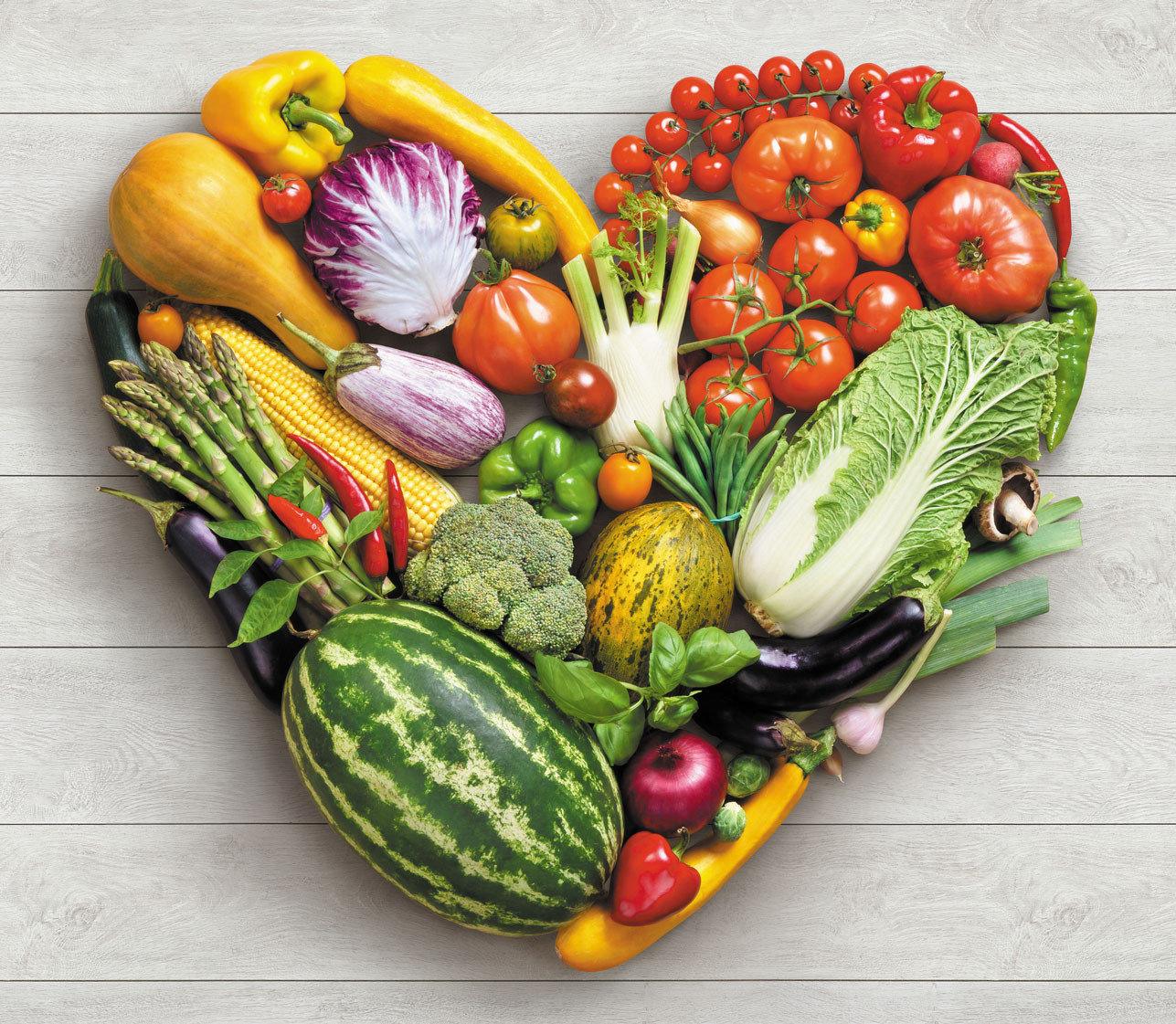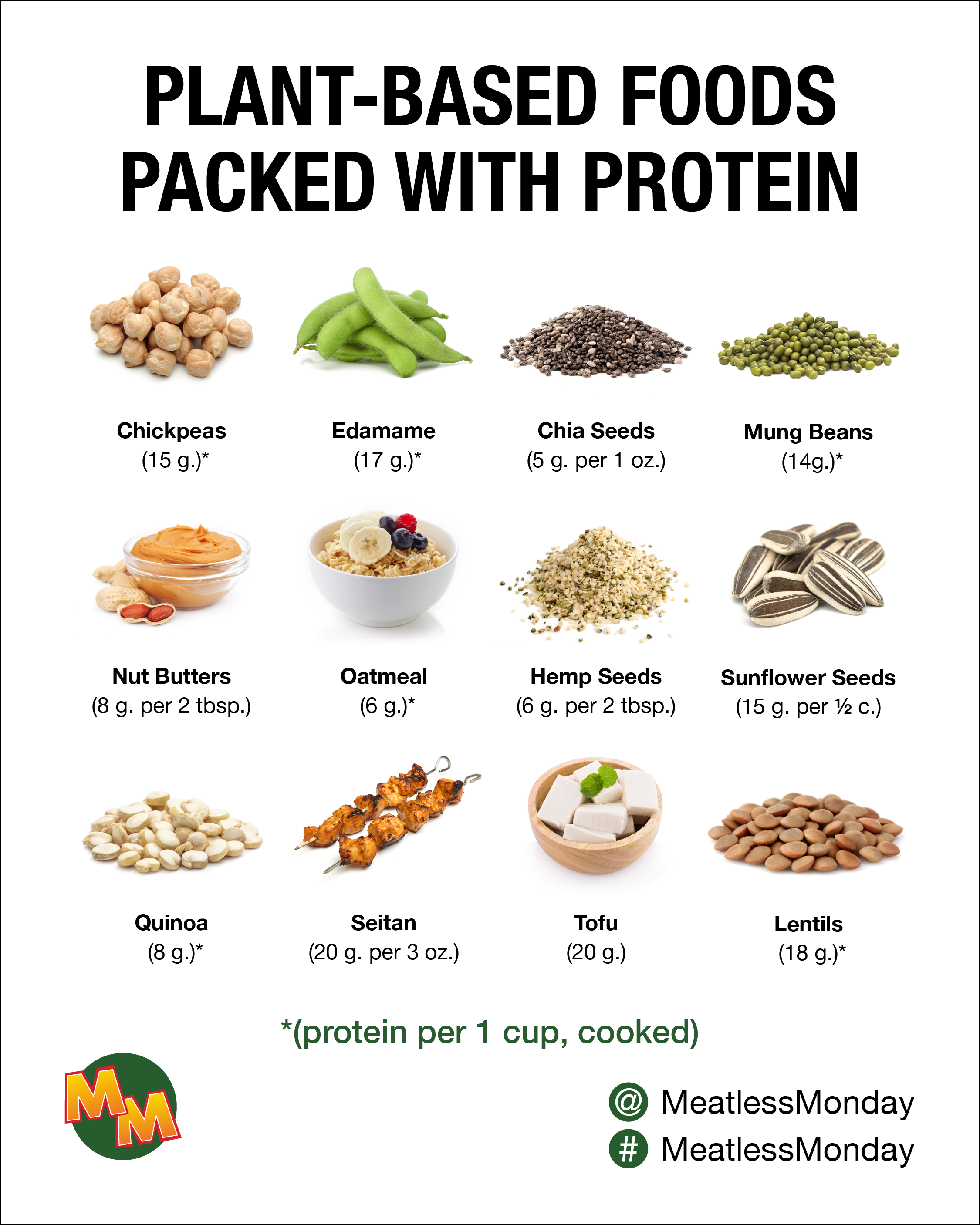The Top 5 BBQ Sauces Every Plant-Based Chef Should Stock
Everything About Healthy And Balanced Food: Benefits of Checking Out Plant Based Options
The conversation surrounding plant-based diet regimens has actually obtained considerable focus in current years. Several people are discovering the potential health and wellness benefits, nutritional benefits, and environmental impacts linked with these nutritional choices. As people end up being extra knowledgeable about their food's impact on well-being and sustainability, concerns occur concerning the usefulness of taking on such a way of living. What details adjustments can one expect, and exactly how might these options reshape not just personal health but also the planet's future?
Comprehending Plant-Based Diet Plans
Several individuals link plant-based diet plans primarily with vegetarianism or veganism, these diet plans can incorporate a large range of eating patterns that prioritize whole, minimally processed plant foods. Such diet regimens usually consist of fruits, veggies, whole grains, seeds, legumes, and nuts, while getting rid of or restricting animal items. This flexibility allows individuals to customize their nutritional choices according to personal preferences and nutritional needs. Some might adopt a primarily plant-based diet regimen while still periodically consuming meat or dairy, frequently referred to as a flexitarian approach. The emphasis stays on including even more plant foods, which can bring about a diverse variety of meals and tastes. Understanding these different interpretations of plant-based eating is crucial for valuing its accessibility and allure in modern food society.
Health Advantages of Plant-Based Foods
The health and wellness advantages of plant-based foods are significant, offering a nutrient thickness benefit that supports total health. Research study suggests that these foods can boost heart health and wellness and play a necessary function in efficient weight administration. By incorporating more plant-based alternatives, individuals might enhance their nutritional selections and advertise long-term health and wellness.
Nutrient Thickness Benefit
Nutrient density plays a necessary role in the health benefits of plant-based foods, making them an engaging option for those seeking a balanced diet plan. Plant-based foods, such as fruits, veggies, vegetables, nuts, and whole grains, are typically abundant in vital vitamins, minerals, and anti-oxidants while being reduced in calories. This high nutrient thickness allows people to eat less calories while still meeting their dietary requirements. Additionally, these foods are packed with dietary fiber, advertising digestive system health and assisting in weight administration. By including nutrient-dense plant-based options, customers can improve their overall health, support their body immune systems, and lower the risk of persistent conditions. Eventually, the nutrient thickness of plant-based foods underscores their relevance in a health-conscious way of life.
Heart Health Enhancement

Weight Administration Assistance
In enhancement to advertising heart wellness, a plant-based diet plan can significantly assist in weight management. This nutritional method highlights entire foods such as fruits, veggies, legumes, nuts, and whole grains, which are normally lower in calories and higher in fiber contrasted to animal-based items. The high fiber content helps enhance satiation, reducing total calorie consumption. Additionally, plant-based diet plans are typically rich in necessary nutrients while reduced in unhealthy fats, making it less complicated to maintain a healthy and balanced weight. Sugar Free Sauces. Study indicates that individuals who take on a plant-based way of living have a tendency to have reduced body mass indexes (BMIs) and experience more effective weight management contrasted to those that consume meat-heavy diets. Consequently, embracing plant-based options is a strategic option for efficient weight administration
Nutritional Value of Plant-Based Components
Plant-based ingredients are abundant in important nutrients, supplying a diverse variety of vitamins, minerals, and antioxidants that add to overall wellness. A contrast of healthy protein sources discloses that while pet that site items are typically checked out as exceptional, lots of plant-based alternatives give adequate protein and various other helpful substances. Understanding the dietary worth of these components can assist individuals make educated dietary selections.
Essential Nutrients in Plants
Nutrient-rich ingredients discovered in plants offer a diverse array of necessary minerals and vitamins that contribute significantly to total health and wellness. These active ingredients are rich in vitamins A, C, and K, which support immune function, vision, and blood clot, respectively. On top of that, plants give vital minerals such as magnesium, calcium, and potassium, essential for heart health, muscular tissue feature, and bone toughness. The existence of fiber in plant-based foods aids digestion and advertises a healthy and balanced intestine microbiome. Antioxidants, located generously in veggies and fruits, help combat oxidative stress and anxiety and lower inflammation. Numerous plant foods are low in calories yet high in nutrients, making them an exceptional selection for those looking for to keep a healthy weight while ensuring excellent nutrient consumption.

Comparing Healthy Protein Resources
Healthy protein my site resources vary significantly in their nutritional accounts, with plant-based components offering special benefits. Unlike pet proteins, which often consist of saturated fats and cholesterol, plant proteins often tend to be lower in these undesirable elements. Legumes, nuts, seeds, and entire grains are rich in essential amino acids, fiber, vitamins, and minerals. Lentils offer high protein web content together with significant iron and folate, while quinoa is a full protein, offering all 9 important amino acids. Additionally, plant-based proteins are usually come with by antioxidants and phytochemicals that sustain general health. The change to plant-based protein resources not just improves dietary intake yet also aligns with lasting dietary techniques, decreasing ecological impact and advertising long-lasting wellness benefits.
Ecological Impact of Plant-Based Eating
As understanding of environment change expands, numerous people are checking out lasting nutritional choices that can considerably lessen their ecological impact. Plant-based eating has actually become a substantial contributor to minimizing greenhouse gas exhausts, which are primarily related to animals production. The growing of fruits, grains, beans, and veggies typically needs fewer resources, such as water and land, compared to animal farming. Furthermore, plant-based diet regimens can lead to reduced deforestation, as much less land is required for grazing animals or growing pet feed. By moving towards plant-based options, consumers can support biodiversity and promote healthier ecosystems. Overall, embracing plant-based eating not just advantages personal health yet additionally represents an important step towards environmental sustainability and preservation initiatives.
Conquering Common Misconceptions
While lots of people recognize the benefits of a plant-based diet, several mistaken beliefs usually deter them from fully embracing this lifestyle. An usual idea is that plant-based diets lack enough healthy protein; nevertheless, numerous plant resources, such as legumes, nuts, and tofu, give adequate protein. Furthermore, some presume that this diet is expensive, when actually, staples like beans, rice, and seasonal veggies can be rather economical. An additional misconception is that plant-based consuming is extremely limiting, whereas it actually offers a varied range of tastes and foods. Finally, several fret that a plant-based diet plan might bring about deficiencies, yet with proper preparation, people can acquire all required nutrients, consisting of minerals and vitamins, while taking pleasure in a variety of delicious dishes.
Tips for Transitioning to a Plant-Based Way of living
Making the shift to a plant-based way of living can be an enhancing experience, though it often needs some guidance to browse the preliminary changes. First, people are encouraged to start slowly, including more fruits, veggies, beans, and whole grains right into their meals while minimizing meat and milk consumption. Meal planning is necessary; preparing a weekly menu can aid reduce the modification and protect against discover this last-minute undesirable selections. Exploring new dishes and cooking techniques can likewise improve the experience and keep enjoyment regarding plant-based consuming. In addition, joining assistance teams or areas can give motivation and share important ideas. Ultimately, remaining educated concerning nourishment warranties well balanced dishes, preventing shortages while cultivating a healthy, enjoyable plant-based lifestyle.
Delicious Plant-Based Meal Ideas
Checking out scrumptious plant-based meal ideas can influence individuals to embrace a more nourishing diet. One popular choice is a passionate quinoa salad, featuring cherry tomatoes, cucumber, and a tangy lemon-tahini clothing. An additional fave is a tasty lentil stew, loaded with carrots, celery, and great smelling herbs, ideal for a comforting dinner. For morning meal, over night oats made with almond milk, chia seeds, and covered with fresh berries supply a healthy beginning to the day. Additionally, a dynamic veggie stir-fry with tofu and a selection of colorful veggies can be a quick yet pleasing meal. Luscious avocado salute on whole-grain bread, sprayed with seasonings and seeds, supplies a basic yet savory treat. These dishes display the selection and richness of plant-based consuming.

Regularly Asked Inquiries
Can a Plant-Based Diet Provide Sufficient Protein?
The question of whether a plant-based diet regimen can offer adequate healthy protein prevails. Many sources, consisting of beans, nuts, seeds, and entire grains, can meet healthy protein needs properly, sustaining a balanced and nourishing diet plan for people.
Are Plant-Based Diet Plans Suitable for Kid?
The suitability of plant-based diet plans for children relies on mindful planning. Appropriate nutrients should be assured, including vitamins, minerals, and proteins. With appropriate guidance, such diet plans can sustain healthy development and development in kids.
Just how Do I Dine Out on a Plant-Based Diet plan?
Eating in restaurants on a plant-based diet includes seeking restaurants with diverse food selections, requesting for modifications, and exploring vegan-friendly alternatives. Preparation ahead and interacting nutritional preferences can improve the dining experience while keeping dietary choices.
What Are Common Allergens in Plant-Based Foods?
Usual irritants in plant-based foods include soy, gluten, nuts, and seeds - Plant Based Beef. Individuals adhering to a plant-based diet ought to recognize these irritants and review labels thoroughly to prevent damaging responses and assure safe intake
Can Plant-Based Diets Assist With Fat Burning?
Study shows that taking on a plant-based diet may facilitate weight-loss due to its typically lower calorie thickness and greater fiber web content. This mix can enhance satiety, helping people handle their calorie intake effectively. Many people associate plant-based diet regimens mostly with vegetarianism or veganism, these diets can encompass a vast array of consuming patterns that prioritize entire, minimally refined plant foods. Nutrient thickness plays a necessary function in the health and wellness benefits of plant-based foods, making them a compelling option for those seeking a well balanced diet regimen. Plant-based diet plans have been shown to noticeably enhance heart health, as they often have aspects that support cardiovascular feature. In addition to promoting heart health, a plant-based diet plan can significantly assist in weight management. A typical idea is that plant-based diet regimens lack adequate healthy protein; nonetheless, various plant resources, such as vegetables, nuts, and tofu, provide enough protein.